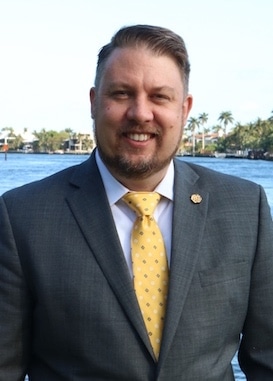If you have ever been on a short-term mission trip you have likely asked the question: “Is this trip really helping the local people?” Many times an experience may feel like it isn’t. So how is one to know if one is helping or hurting others with their aid?
I recently read an article in Pacific Standard by Lauren Kascak and Sayantani Dasgipta entitled “#InstagrammingAfrica: The Narcissism of Global Voluntourism.”
In that article the authors put forth the proposition that international aid trips like health brigades -short-term trips to developing countries that involve bringing health care to developing countries- are simply “voluntourism.” Such trips, they claim, are often just photo ops for social media self-promotion in order to further our colonialist, imperialistic mindsets that some, like author Teju Cole, have described as the “White Savior Industrial Complex.”
More than that even, the authors’ claim, that such trips are big business. Such trips often cost participants thousands of dollars per trip creating a booming business opportunity for many companies to provide such expeditions. And business is good. So good in fact that, according to the writers, most of these companies don’t even have to advertise for themselves.
Why is that? Well because the onslaught of social media “selfies” (pictures taken of oneself, often with others) are so widely shared throughout social media that they advertise for the companies. More than that though, the article’s writers contend that these voluntourism photo-ops have distinctly negative effects on local populations. They claim that such use of social media “others” local people by emphasizing their suffering. These photo ops become less about our love for people and more about looking good for the camera. According to the authors, it subjugates the local people in the photo to a mere prop.
I can fully understand and appreciate the authors concern and to be sure such social media selfie abuse does happen and should be avoided. But I would also be quick to retort that not all social media selfies are malicious. Yes, personal and even national hubris are certainly a concern when engaging in international aid. But I would contend that it is important that we not categorically dismiss all aid-work/mission trips as devised of ill intent. Based on my experience, more times than not, it is an opposite resolve that drives others towards these types of trips.
The important way by which we, as persons seeking to serve others, avoid the trappings listed above is to do our due diligence in preparation. When our church, for instance, leads adults and youth on mission trips we require what amounts to sensitivity training so that the participants are aware of the cultural nuances of the place that they are seeking to serve. We require personal reflection and preparation so that the participants are aware as to how they will be personally shaped by going on the trip, but more importantly, how their actions will shape those they will encounter. This process takes weeks, sometimes months.
Additionally, we next only partner with long-term, locally based organizations of the destination to which we are traveling, that have a strategic plan. Our participation then is to accomplish one (or several) objectives that will help that local organization to meet the needs of their resident population. We simply become the relational instruments of implementation.
I think that most people engage in these types of short-term missions because, at a fundamental level, they understand that the trips help in furthering our global human connectedness and our growth as persons in community. If though we categorize all such trips as acts of subconscious malice and effectively call for their elimination we miss the joy of learning to know, love and relate to others globally.
In short, the easy way to know when the photograph taken isn’t a selfie any longer is when it has become a global family portrait of our brothers and sisters whom we know, love and cherish. And if, at that point, people want to share that love and joy with the world through social media, then who could blame them?





























